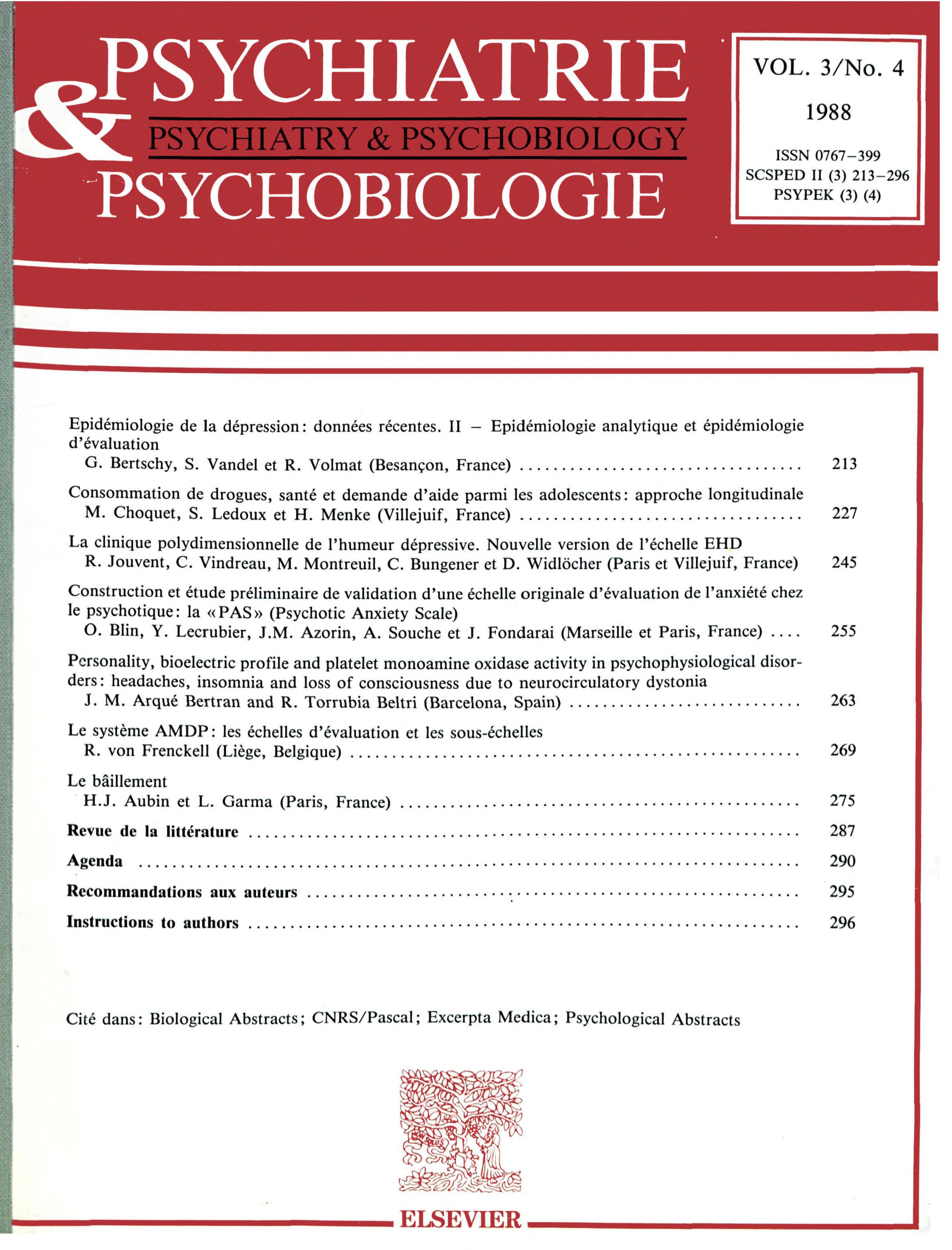No CrossRef data available.
Article contents
Actitudes de los profesionales de salud mental y los legos hacia el ingreso y el tratamiento no voluntarios en Inglaterra y Alemania. Análisis de un cuestionario
Published online by Cambridge University Press: 12 May 2020
Resumen
Identificar las actitudes sobre el ingreso y el tratamiento no voluntarios en profesionales de salud mental y legos y comparar los resultados entre Inglaterra y Alemania.
Se presentaron tres escenarios de pacientes potencialmente susceptibles de detención para identificar las actitudes. Un cuestionario preguntaba sobre las actitudes hacia el ingreso lo mismo que el tratamiento no voluntarios. Se realizó luego un análisis del cuestionario.
Hubo actitudes similares hacia el ingreso y el tratamiento no voluntarios entre los legos y los profesionales de salud mental, con excepción de los profesionales no implicados activamente en el proceso de detención. Los diferentes marcos legales entre Alemania e Inglaterra no influyeron mucho en las actitudes. El apoyo al ingreso y el tratamiento no voluntarios aumentó en general con laedad.
Los psiquiatras y otros profesionales que trabajan en salud mental concuerdan con la sociedad con respecto a las actitudes hacia el ingreso no voluntario. Las personas comprometidas con pacientes enfermos mentales pero no con el proceso de detención tienen actitudes negativas hacia el ingreso no voluntario.
- Type
- Artículo original
- Information
- Copyright
- Copyright © European Psychiatric Association 2004




